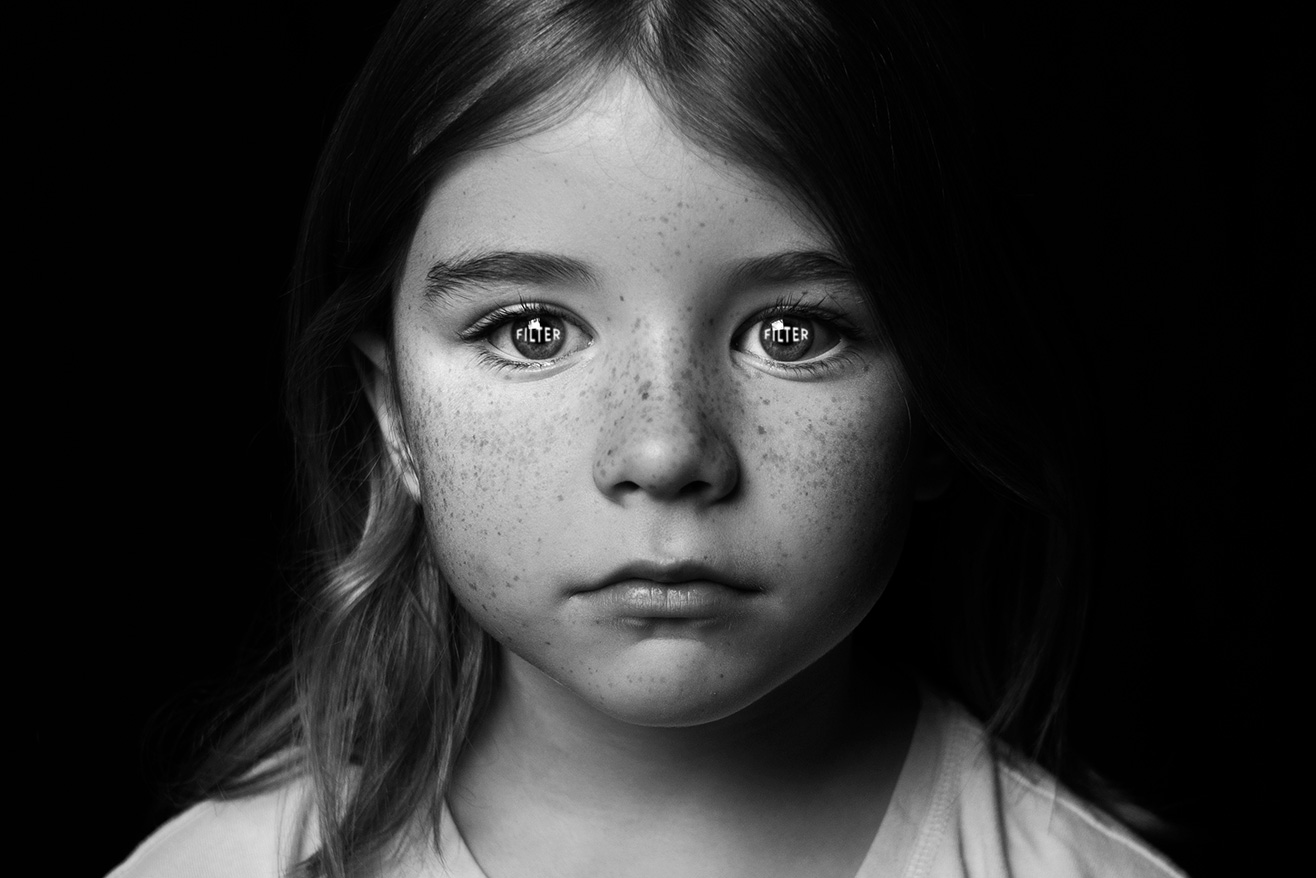Written by Shaz Memon

After a long campaign, started by Sasha Pallari, social media adverts for beauty products will no longer be able to use filters that “misleadingly [exaggerate] the effect the product was capable of achieving”. The ruling will include paid-for posts from online influencers.
I care about this, as I have a young daughter who shouldn’t have to grow up trying to aspire to meet normalised unrealistic ideals.
This is a small but significant step on the road to improving young people’s confidence and, in particular, young girls. It is also a victory for anyone who believes that a company should have to appeal to its potential clients based on the genuine merits of the product it is trying to sell.
On the first point, there is enough pressure on young people to live up to unobtainable beauty standards, without such standards being digitally distorted.
Adverts for beauty products typically involve a model who has had the product applied by a make-up artist and has been filmed or photographed by a seasoned expert. For a young person, the end result is already daunting enough without it being further enhanced.
Without the filter, we are at least being presented with a real person and a genuine product. As soon as you add a filter, both of these things are gone. And the young people who set their sights on looking like the person in the advert are no longer aspiring to be someone who is uncommonly beautiful. They are aspiring to be someone who does not exist.
On the second point, that this ruling is a victory for truth, it is worth pausing for a moment to consider how absurd it is that a make-up brand would need to add a filter to their adverts in the first place.
Think about this: make-up is a filter. Its whole purpose is to enhance the eyes, lips, cheeks, or whatever, of the person who uses it. Adding a digital filter on top of this is an admission that the product cannot do what it claims to do.
Beauty products are often unfairly maligned, with critics arguing that we should all be our natural selves all the time. The reality is that humans have been trying to improve their appearance for millennia. This is never going to change. Beauty products can improve confidence and self-esteem, while their application can be great fun and, in some cases, an art-form.
But if the purpose of a beauty product is to enhance beauty, the purpose of a beauty product advert must be to show us how this is done.
Someone who buys a beauty product based on a filtered advert should feel no less cheated than someone who purchases a product online, only to discover on arrival that it looks absolutely nothing like the promise made in its picture.
As founder to a digital marketing agency owner for dental practices (Digimax Dental), we help practices to market themselves. It’s essential for our clients and us that the images and videos we release look good, honest, and meet advertising guidelines.
We use experienced photographers and real patients. But we always, always show real, unedited smile transformations. It would be easy to improve our images and videos, but we don’t need to do so, because the products and services we are advertising are strong enough on their own merits. The practices we work for take immense pride in their work and are committed to being transparent.
Every company should have confidence in their products and services, or they shouldn’t be backing them. Yes, business is about profit and loss for many, but for most, business is about contributing to a positive change in our customers or clients’ lives.
At present, it would seem that several cosmetics companies are lacking in self-confidence. They shouldn’t look upon this new ruling as a negative. Instead, they should see it as a chance to come out from behind the filter and believe in themselves.
And, as they do so, they might well discover that young people across the country will begin to do the same.
Follow me on Instagram: https://www.instagram.com/shaz.memon